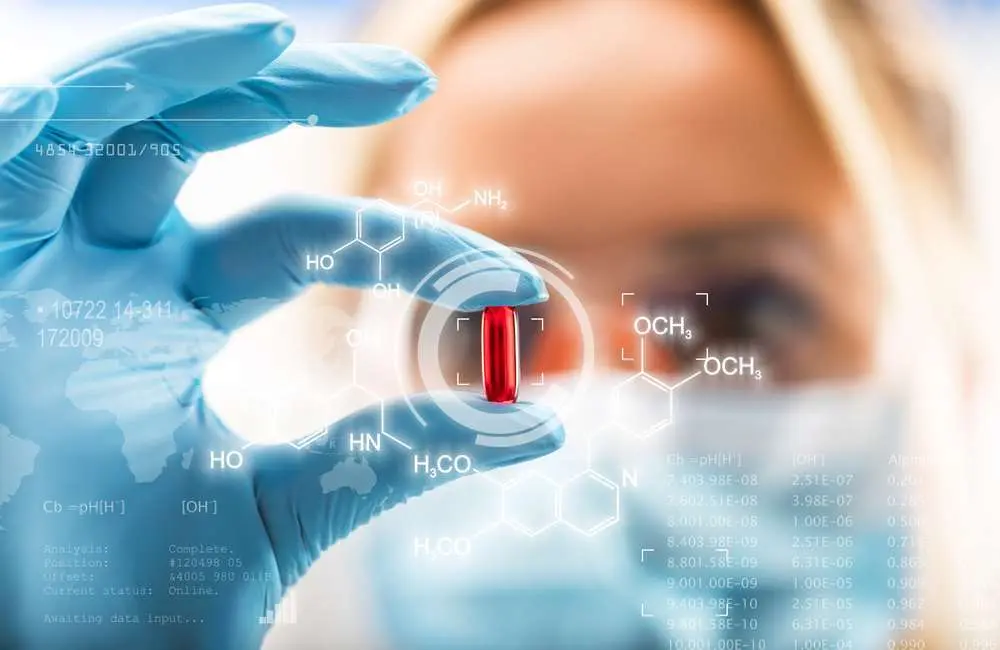Big data already is having a significant impact in the healthcare industry on issues as disparate as patient satisfaction scores and improving time spent transferring patients from one area of a hospital to another.
It eventually will lead to breakthroughs in aiding real-time patient diagnosis by medical professionals as well as more efficiency and effectiveness in overall healthcare operations.
But another area that can benefit is Big Pharma – a term used to describe the collective pharmaceutical industry or some of the biggest companies within that industry. For those interested in earning a master’s degree in data science and entering the healthcare field, Big Pharma holds some intriguing possibilities in terms of Big Data applications.
A Powerful Tool
Almost every use of Big Data in Big Pharma revolves around proving the validity of drug treatments beyond the system of using clinical trials. Such trials have long been the standard by which drug efficacy is determined. They also are a requirement for FDA approval.
However, such trials also are relatively limited in comparison to the data available through real-world healthcare records. While no on anticipates the end of clinical trials on human subjects, the availability of data can provide drug makers much more information on the effectiveness of certain drugs on patients, which helps them decide where to put research into developing new drugs.
For example, the millions of healthcare records available on cancer patients can give researchers granular detail on which type of medications worked best on certain types of cancer. Since new drugs are built upon the success or failure of drugs that have come before, this allows drug companies to better focus their efforts.
All this is made possible through the availability of healthcare data. University of London health informatics expert Paul Taylor told Reuters: “It’s getting more expensive to do traditional clinical trial research, so industry is looking at ways it can achieve similar goals using routinely collected data.”
Sign of the Times
How important is this? For evidence, look no further than this year’s purchase of Flatiron Health by drug maker Roche. The New York City-based Flatiron Health specializes in healthcare data collection and analysis, already is working with more than 200 cancer clinics, six academic institutions and 14 therapeutic oncology companies.
The $2 billion deal will give Roche access to data that shows “regulatory-grade real world evidence” on drug efficacy, according to the press release from Roche. This, the company stated, is a “key ingredient to accelerate development of, and access to, new cancer treatments.”
Medical Internet of Things
Data science also has led to gains in the medical Internet of Things (IoT), which in turn has led to the availability of more data.
Healthcare IoT involves the use of web-connected medical devices that transmit information on the patient’s use of, in this case, a prescription drug as well as their vital signs. This provides valuable, real-time information on how a patient is reacting to different medications.
Through such connected IoT devices, Big Pharma researchers and doctors can gather valuable information on potentially millions of patients. That can lead to better quality drugs and better patient outcomes.
In addition to the potential IoT-based information from patients, Big Data could also provide information collected from:
- Medical research
- Patient notes
- Medical product retailers
- Health caregivers
That would allow the cross-referencing of clinical trial results with data from patient medical visits, allowing for a clearer picture of the effectiveness of pharmaceuticals and medical treatments beyond information from clinical trials.
It’s a promising area. However, as with all things with data (especially in healthcare), great care needs to be taken to ensuring that information is both secure and not used for purposes beyond those that can improve efficiency and patient outcomes.
While there are existing regulations on data, those interested in entering the field will want to pay special attention to regulations governing data collection and use.
That’s because data scientists who decide to go into healthcare – especially those with graduate degrees – will help shape the direction of Big Pharma’s data-driven efforts for decades to come.
